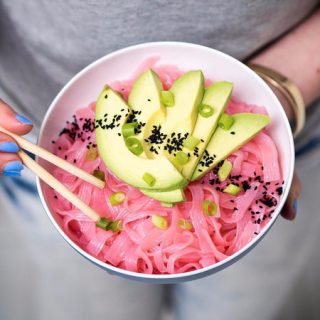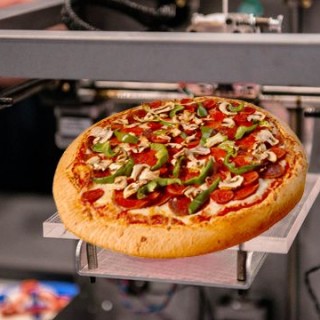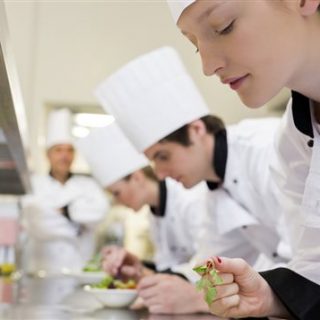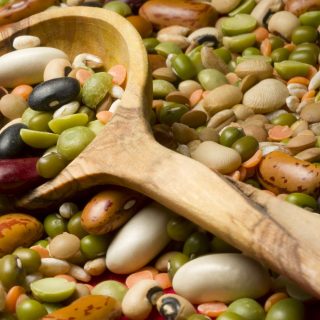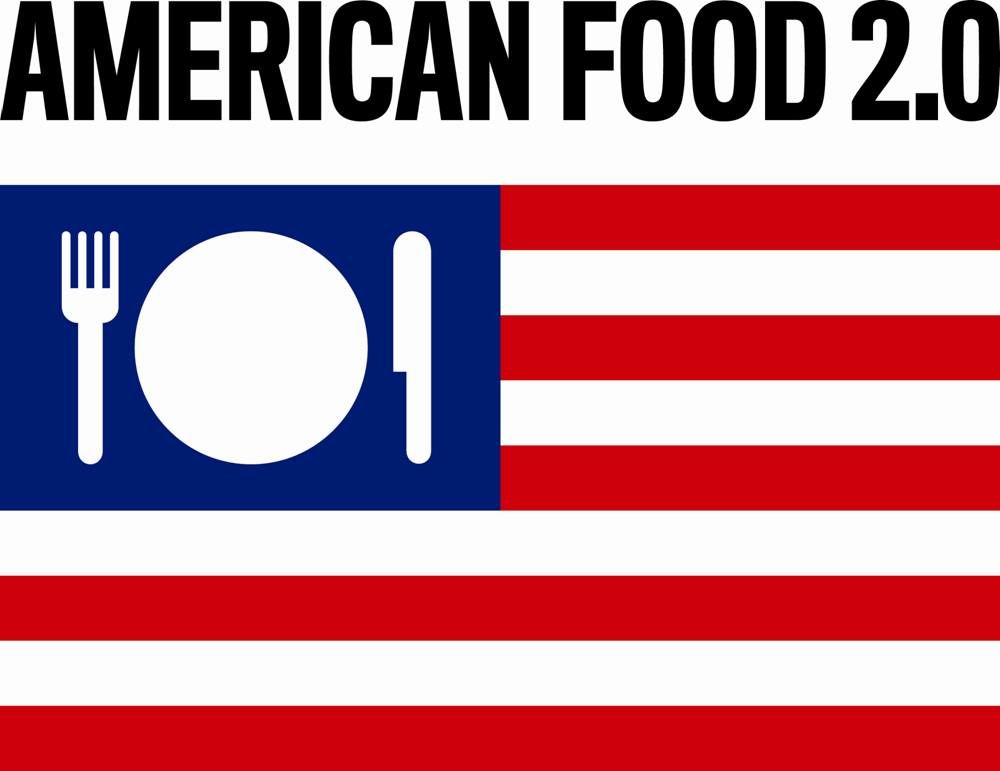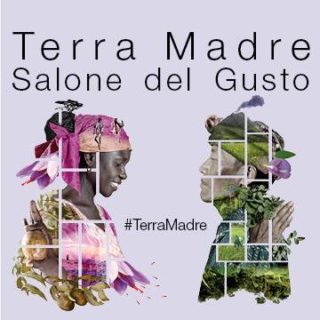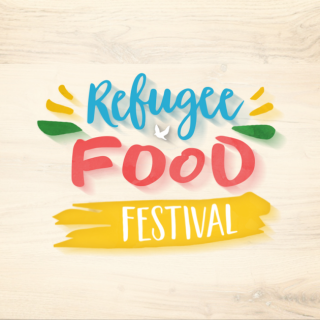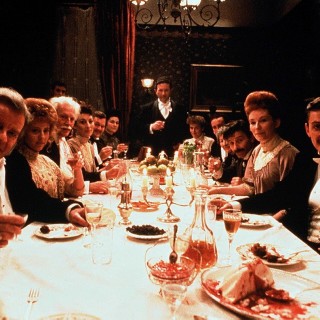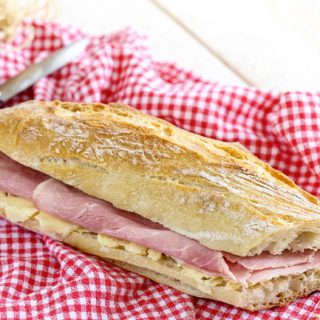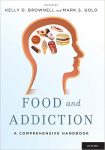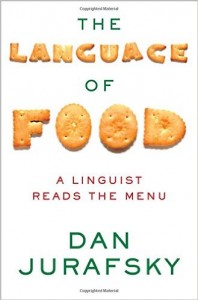 Why do we eat toast for breakfast, and then toast to good health at dinner? What does the turkey we eat on Thanksgiving have to do with the country on the eastern Mediterranean? Can you figure out how much your dinner will cost by counting the words on the menu?
Why do we eat toast for breakfast, and then toast to good health at dinner? What does the turkey we eat on Thanksgiving have to do with the country on the eastern Mediterranean? Can you figure out how much your dinner will cost by counting the words on the menu?
In The Language of Food, Stanford University professor and MacArthur Fellow Dan Jurafsky peels away the mysteries from the foods we think we know. Thirteen chapters evoke the joy and discovery of reading a menu dotted with the sharp-eyed annotations of a linguist.
Jurafsky points out the subtle meanings hidden in filler words like “rich” and “crispy,” zeroes in on the metaphors and storytelling tropes we rely on in restaurant reviews, and charts a microuniverse of marketing language on the back of a bag of potato chips.
The fascinating journey through The Language of Food uncovers a global atlas of culinary influences. With Jurafsky’s insight, words like ketchup, macaron, and even salad become living fossils that contain the patterns of early global exploration that predate our modern fusion-filled world.
From ancient recipes preserved in Sumerian song lyrics to colonial shipping routes that first connected East and West, Jurafsky paints a vibrant portrait of how our foods developed. A surprising history of culinary exchange―a sharing of ideas and culture as much as ingredients and flavors―lies just beneath the surface of our daily snacks, soups, and suppers.
Engaging and informed, Jurafsky’s unique study illuminates an extraordinary network of language, history, and food. The menu is yours to enjoy.
Order the book
Food 2.0 LAB in association with Amazon
Books by the same author –




